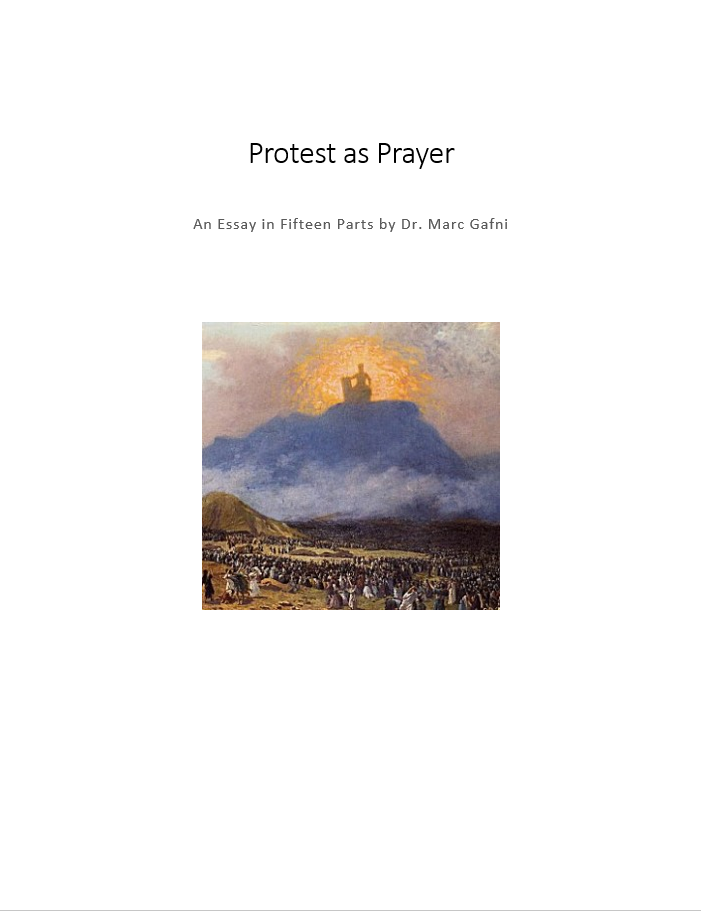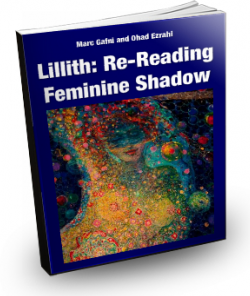Love and Teaching, NonDual Humanism and the Democratization of Enlightenment (A Book Excerpt from Radical Kabbalah by Dr. Marc Gafni)
Introduction to the book Radical Kabbalah by Dr. Marc Gafni
Mordechai Lainer of Izbica is my chosen lineage master. My prayer is that I have honored him with a correct and proper understanding of his trans-mission and teaching. I believe that I have. Though this personal introduc-tion is not meant to fully outline his teachings, a few remarks may orient the general reader and guide the initiate.
An Esoteric Transmission
First of all, this book is both an academic study and a transmission of an esoteric doctrine. Part of the disguise of this work is its presentation as a piece of academic scholarship.
Of course, on one level it is precisely that, for which I have to thank Professor Moshe Idel. At some point in 2001 or so, Professor Idel told me off-handedly that I needed to do an academic doctorate at a good univer-sity in order to insure that my non-academic writing and teaching be taken seriously. He very kindly accepted my request that he act as my co-advisor at Oxford University. I am in his debt for his gracious, insightful and often penetratingly brilliant remarks, which guided the unfolding of this work in an academic context.
Having said that, the academic framework is just that, a framework—and something of a fig leaf—for the deeper teaching of Lainer, which I have humbly and perhaps audaciously tried to unfold in this volume.
When I was thirty-one, living in Israel near Tel Aviv, Prof. Moshe Halamish suggested that I study and write about this great master. I had barely heard of Mordechai Joseph Lainer, and was wholly unfamiliar with his writings collected in two volumes under the title Mei Hashiloah (MH). Halamish’s prompt was the beginning of my relationship with Lainer, which deepened and shifted again many times over the years. At the time, thanks to Rabbi Shlomo Carlebach, who was deeply connected to Lainer’s teaching, the Torah of Izbica was just beginning to gain currency in cer-tain neo-Hasidic circles in Israel and the United States. At some point,
I realized that I felt a soul root connection with his teaching, and began to teach his Torah to my own circles of students.
This period of teaching Mei Hashiloah lasted about ten years. Some five years into this teaching period, I spent one year of 16 hour days in the li-brary at Oxford in an intense, in-depth encounter with Mordechai Lainer.
In approaching the master and his text during that year, I followed the three-stage path of textual reading taught by the Baal Shem Tov. First, in a state of what the Baal Shem calls hahna‘ah, reverential submission to what one is learning, I read every passage again and again, praying that I might realize Lainer’s deeper intention and receive his transmission. Second, I moved from submission to what the Baal Shem calls havdalah, separation. In this stage of havdalah, I deployed a method of analysis which involved two basic steps. As I read, I made a list of key topics, words and texts in Lainer. I subsequently gathered every reference to that text, theme or image, searching for the underlying pattern. At the same time I learned, together with my friend Avraham Leader, many of the original Zoharic sources that would have influenced Mei Hashiloah, to get a sense of how he was reading the tradition, what he changed in his interpretation, and why.
Eventually, stage two yielded to stage three, which the Baal Shem Tov calls hamtakah, sweetening. Hamtakah involves an erotic ‘nondual’ merger with the text, which occurs when the reader and that which is read become one. It is at this stage that the deeper intention of the Lainer’s Torah became startlingly lucid, delightful, and beautiful, and the entire teaching opened up with radical clarity and joy.
As I continued my teaching in the world, I sought, as every authentic student does, to both teach and evolve this Torah. One expression of this process was the book Soul Prints (Simon and Schuster 2001) and the Soul Prints Workshop, (Sounds True 2004) which I published dur-ing the years 2001–2003. Another is the book you have before you. This academic work of mystical hermeneutics is complimented by the Journal of Integral Theory and Practice 6:1 (Suny Press 2011) and Your Unique Self: The Radical Path to Personal Enlightenment, (Integral Publishing 2012).

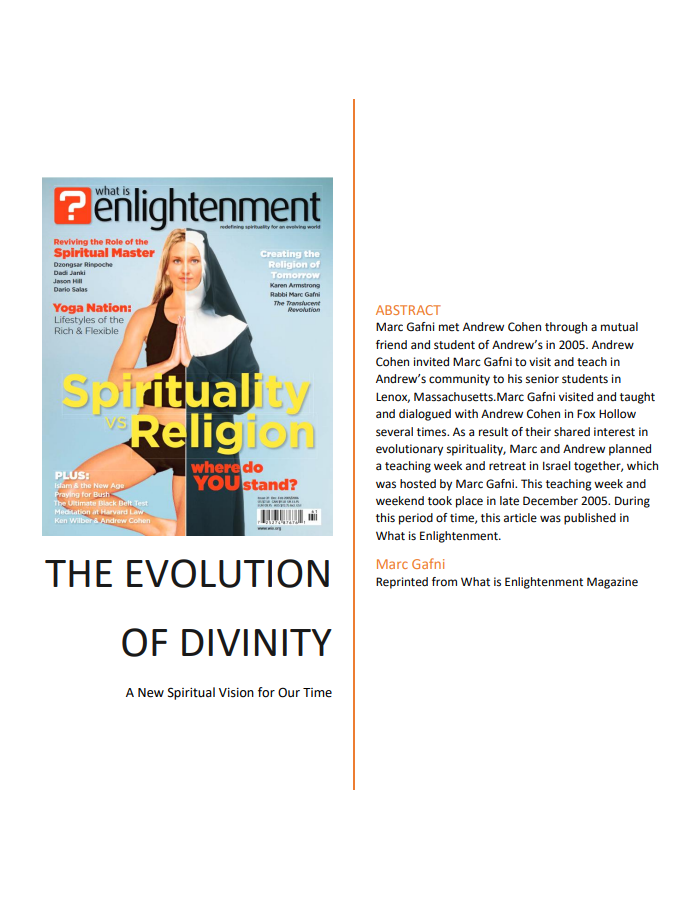
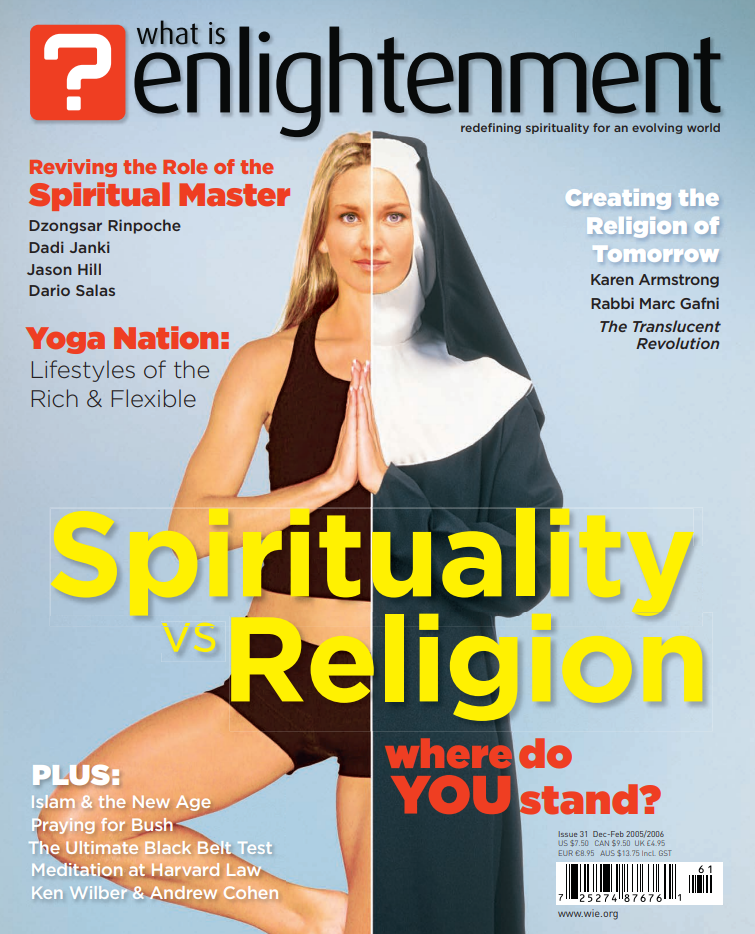
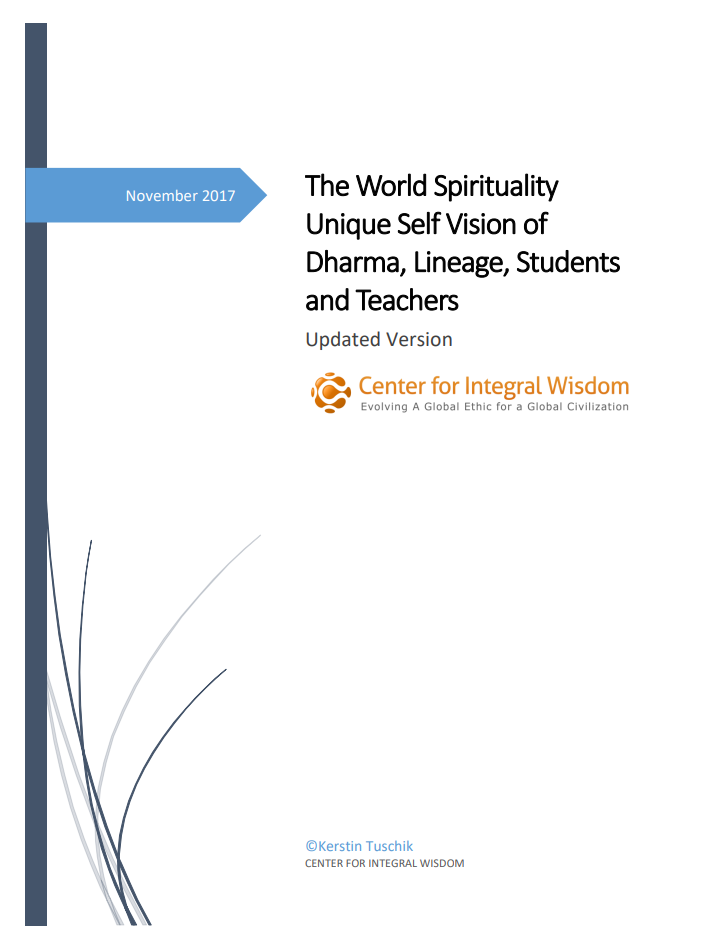



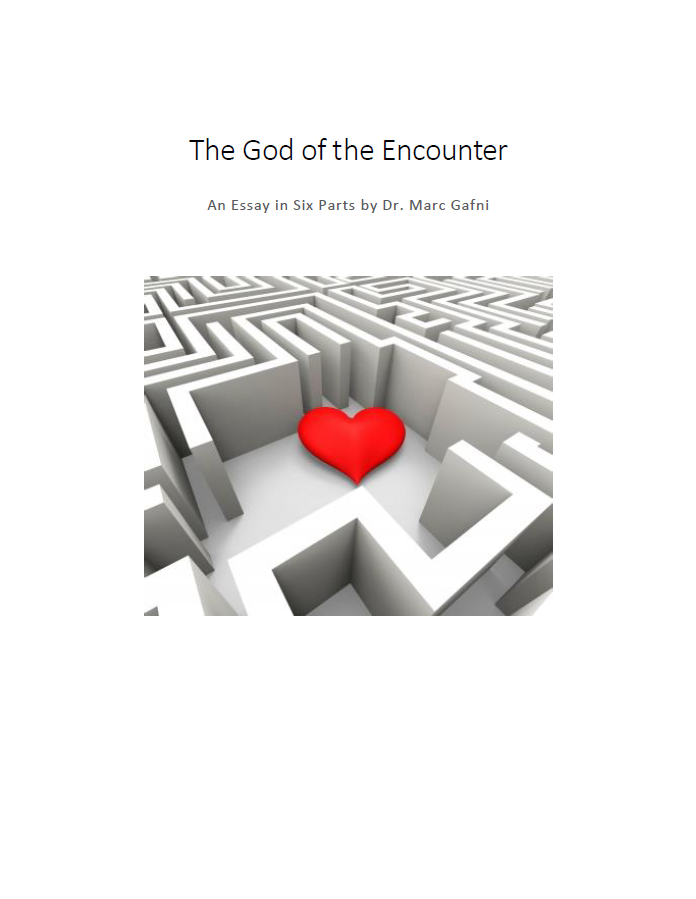

 By Marc Gafni
By Marc Gafni Marc Gafni was recently featured in
Marc Gafni was recently featured in 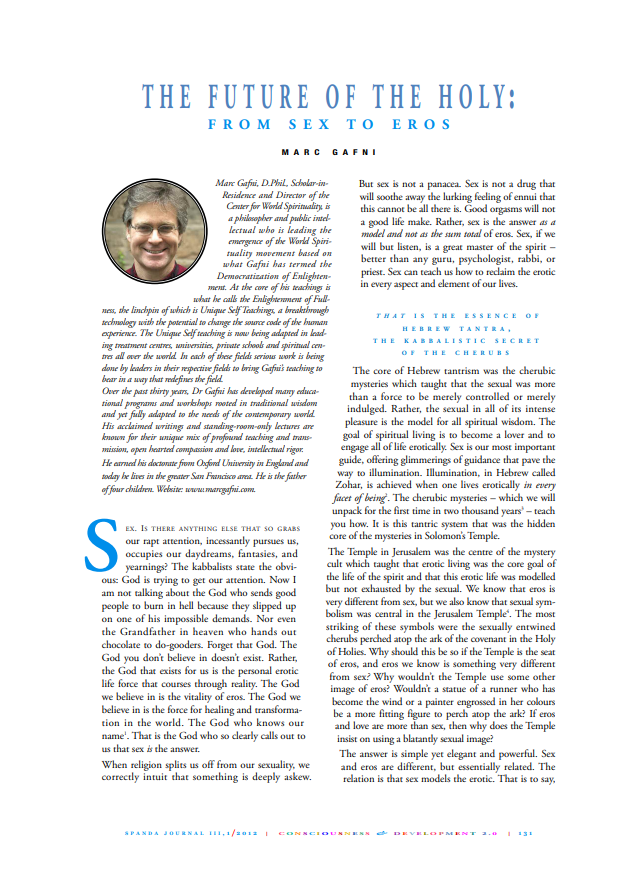
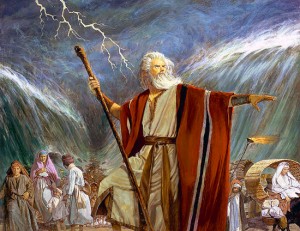 “As the Kabbalists point out, the word Moses spelled backwards is Ha Shem, meaning ‘the name.’ Importantly, Ha-shem in biblical Hebrew also is the most common reference to God’s name. When you respond to your call and realize your soul print, fully becoming your name, you become one with God. When Moses did this, he found his voice, he became a prophet.”
“As the Kabbalists point out, the word Moses spelled backwards is Ha Shem, meaning ‘the name.’ Importantly, Ha-shem in biblical Hebrew also is the most common reference to God’s name. When you respond to your call and realize your soul print, fully becoming your name, you become one with God. When Moses did this, he found his voice, he became a prophet.”
